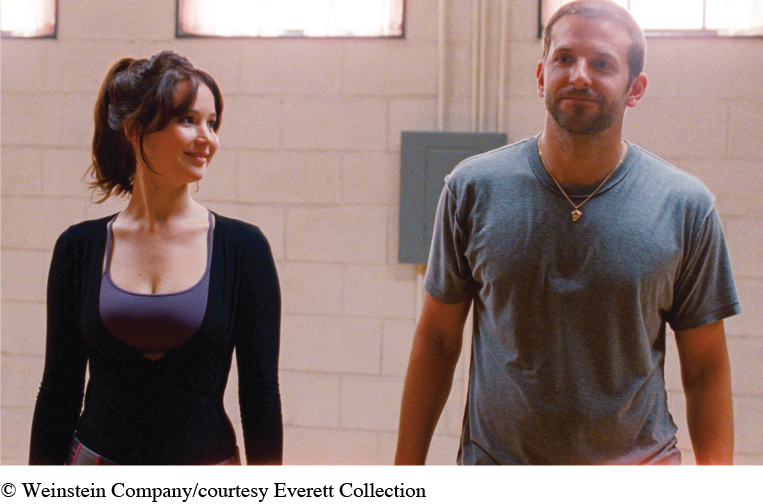EMOTIONAL INTELLIGENCE IN EVERYDAY LIFE
You have already used your emotional intelligence in your life experiences. For example, you graduated from high school and are making the transition to college. The decision to attend college might have involved evaluating the reputation and characteristics of different colleges or universities and the opportunities they offered. But if you had been planning to attend a particular college your whole life, you might have filtered your college-choice experience through your emotional attachment to one place. If you made campus visits, how did you react to hearing information that concerned or excited you, exploring the different buildings, or meeting staff, faculty, or other students? What impact did your emotions have on your final decision?

Naming and labeling emotions, in addition to focusing on related experiences, strengthens emotional intelligence skills. For instance, new college students often face the fear of social rejection. You might feel ignored or rejected by students you have met before. The feeling of rejection can even cause a physical reaction—your face might feel hot and you might even feel slightly sick to your stomach. If you can acknowledge and name what you are feeling, you will be less likely to be controlled by it. You will be in a better place to confront the fear by walking up to the students, introducing yourself again, and perhaps asking to join them.
Hearing something emotional often triggers our own emotional reaction. For instance, how would you react if a close friend said she had been sexually assaulted? Could you be empathetic and helpful, or would your own emotional reaction cause you to barrage her with questions about where she had been, what she had been wearing, and whether she had been drinking? These accusations could impede your friend’s recovery and make her even more vulnerable. As you work to develop your emotional intelligence, you’ll need to consider how to use logic rather than your own emotional reactions to evaluate a situation and be helpful to others.